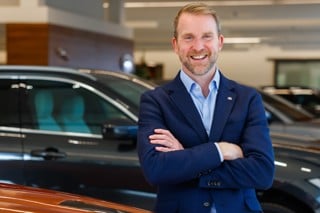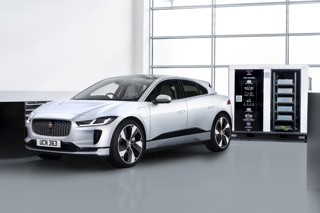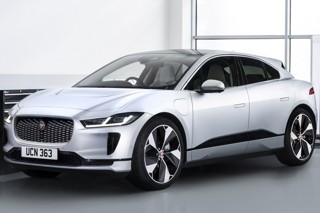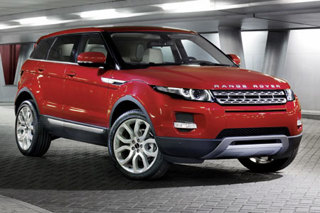Of the six carmakers without a dealer council, Mercedes-Benz has a European council with UK representation, Skoda has a regional business development group and Suzuki is planning to introduce one. Mazda and Seat have a less formal Dealer Forum, while Daihatsu has no official body.
Dealer councils have an important role to play in the interface between manufacturer and retailer. They gather views from the network to put to senior management and they develop ideas to improve the performance of both network and carmaker.
Good examples come from Ford, with its attention to the Project 50 cost savings/profits programme, Honda with its focus groups and Citroen with its three working groups. Each is listening to what the dealers are saying.
However, is the potential of national dealer councils being constricted through the fear of retribution from manufacturers? That’s the claim of some dealers who have grown weary with a perceived lack of action on issues they believe are crucial to their profitability. Their concern is that some dealer councils are too weak, too spineless, to challenge carmakers.
Is there an alternative? Possibly. How about a dealer council where the chairman is not a dealer, but a paid-for independent person?
It could be someone employed in a different line of work or retired from the industry who takes on a non-exec role. Would dealers be willing to pay their wage if it meant having a chairman who could put across any point, any argument, to the manufacturers with no compromise? Some have told me yes.
The role of dealer council chairman is time consuming, often thankless and, sometimes, hazardous. There are plenty of dealer bosses who do a good job, but given a choice, how many really decide to do it?

















Login to comment
Comments
No comments have been made yet.